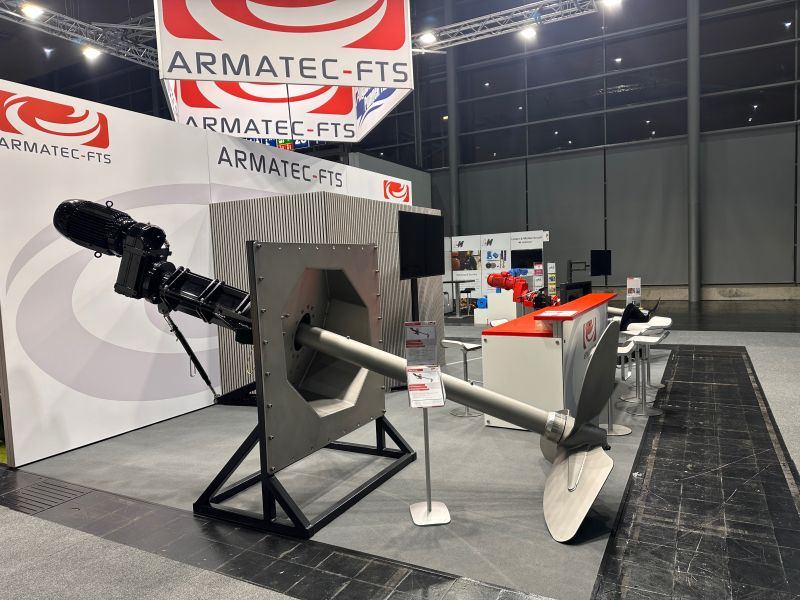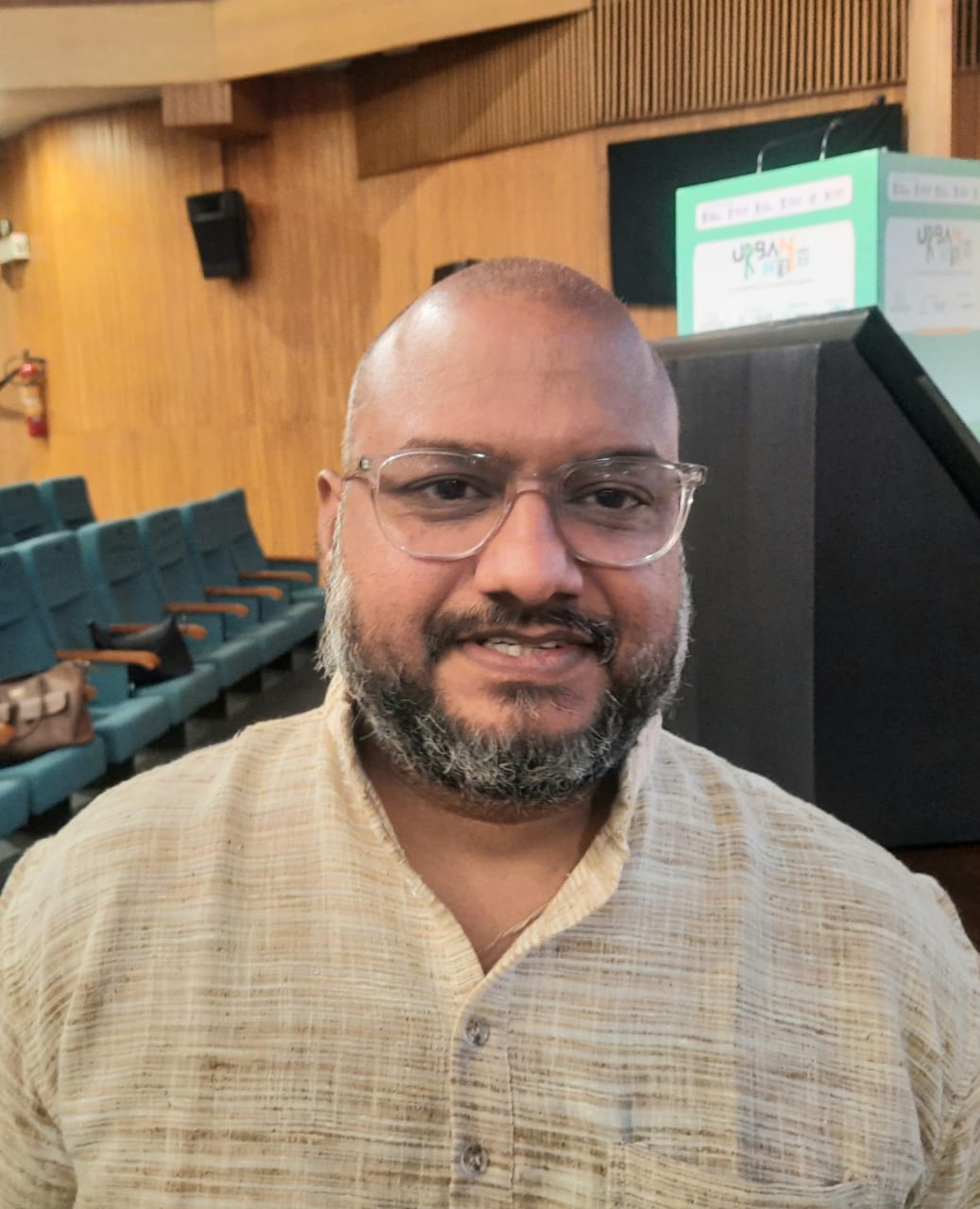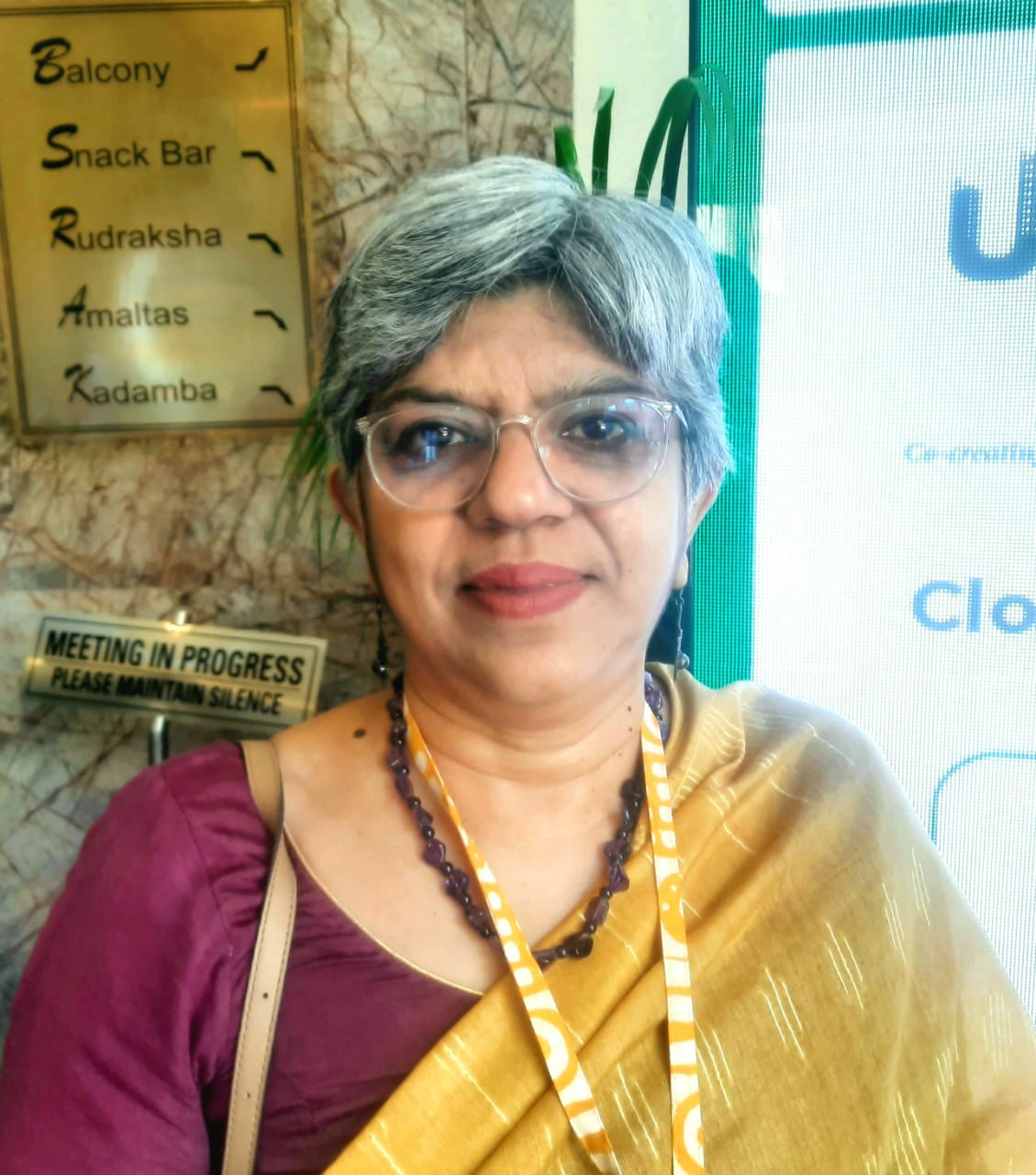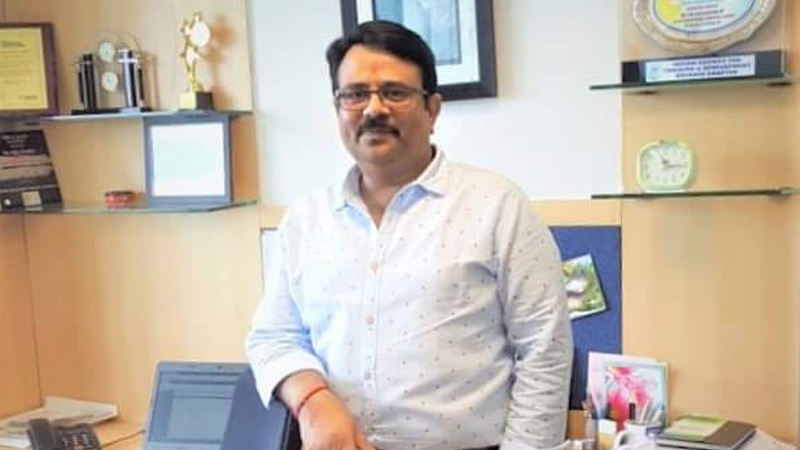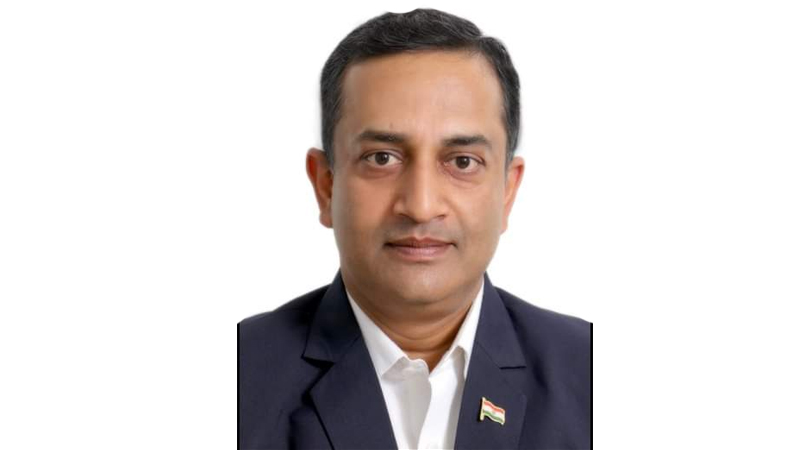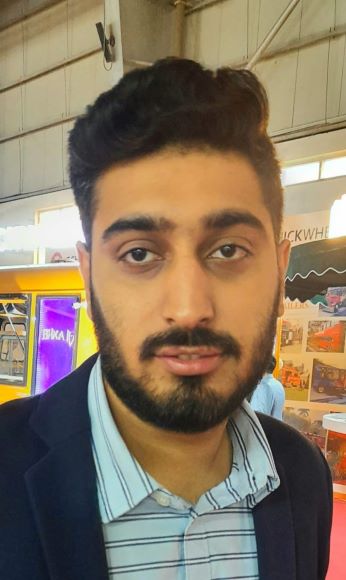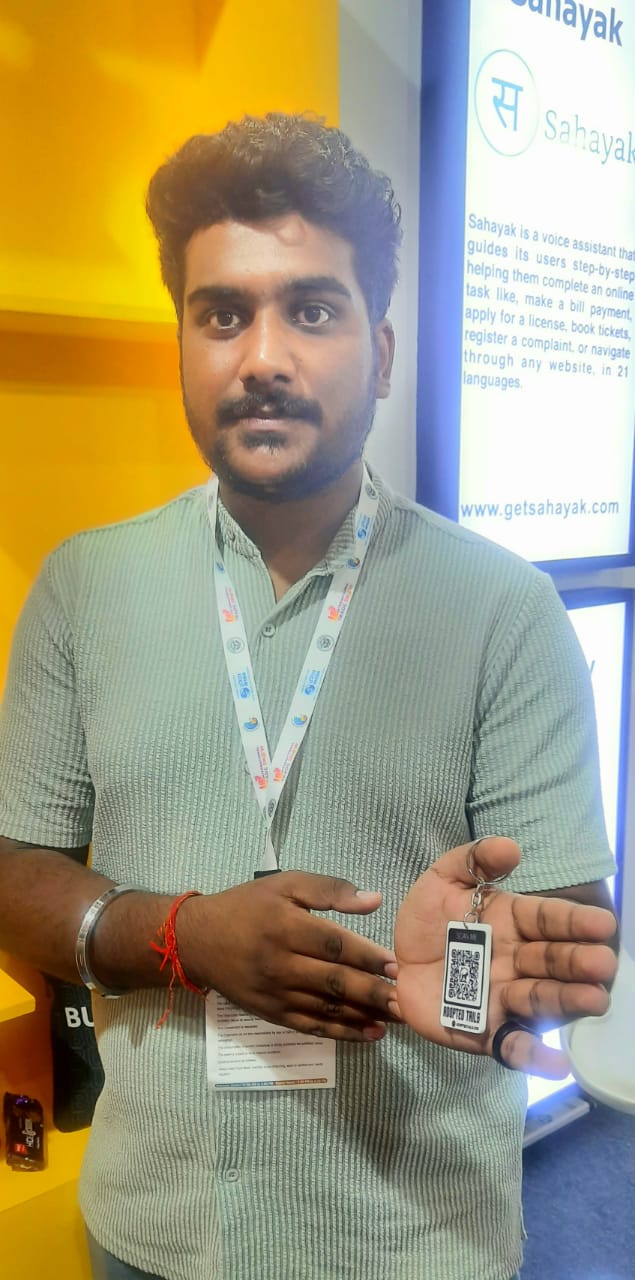Armatec-FTS India Pvt. Ltd., the Indian subsidiary of Germany’s biogas technology leader Armatec-FTS GmbH & Co. KG, has swiftly emerged as a formidable force in India’s renewable energy landscape since its launch in 2021. Headquartered in Hyderabad, the company brings over 50 years of global engineering expertise to the Indian market, with a strong emphasis on high-performance agitators and pumps specifically designed for biogas applications.
Central to its product portfolio is the EVO series of agitators—renowned for their superior efficiency, rugged durability, and precision engineering. The EVO+ model, equipped with a 1400 mm polyamide propeller and a 7.5 kW motor, caters ideally to medium-scale digesters. The EVO ULTRA, engineered for high-viscosity substrates, features a 1700 mm propeller and a powerful 22 kW motor—delivering exceptional mixing performance. Taking innovation a step further, the patented EVO HYBRID eliminates the need for internal supports in submersible mixing. This groundbreaking design enables side-entry installation, enhancing operational flexibility while optimizing energy output.
To address the growing market demand and ensure faster delivery, the company has recently inaugurated a cutting-edge assembly facility in Hyderabad. This strategic investment not only shortens lead times but also underscores Armatec-FTS India’s commitment to local manufacturing, sustainability, and the Make in India vision.
At the International Summit & Expo on Bioenergy Value Chain—hosted by the Indian Biogas Association—The Interview World sat down with Vijaykumar Lanka, Managing Director of Armatec-FTS India. In a wide-ranging discussion, he shed light on the company’s innovative agitator technologies, the evolving needs of India’s biogas sector, and the emerging opportunities that lie ahead. Below are the most compelling insights from this conversation.
Q: Can you elaborate on the types of agitator solutions provided by Armatec-FTS India and their key applications across industries?
A: We don’t just sell agitators—we deliver end-to-end mixing solutions tailored to each client’s unique needs. Whether it’s a digester, mixing tank, end-storage tank, or any other component of the biogas plant, we assess the volume and digester size and then recommend the optimal number and configuration of agitators. Our approach ensures seamless integration and maximum efficiency across the system.
When it comes to performance, our agitators stand head and shoulders above the competition. Unlike others, our solutions start at a connected load of just 4.5 kW. Our flagship model, powered by a 7.5 kW motor, delivers the same thrust and circulation that typically requires 15 to 18.5 kW from competitors. This remarkable efficiency is made possible by our proprietary 1400 mm polyamide slow-moving propeller—engineered for high thrust with low energy consumption.
Globally, we’ve supplied over 10,000 agitators, and in India alone, more than 300 units are already in operation. Backed by six decades of German engineering heritage, our brand has completed six successful years in the Indian market—bringing unmatched reliability and performance to biogas systems nationwide.
Our clientele includes industry giants such as Reliance, Adani, Ever Enviro, and Thermax. We’ve also delivered solutions to over 15 municipalities across India for various civic biogas projects. With extensive experience handling pressmud, food waste, municipal solid waste, and even challenging substrates like paddy straw, we continue to redefine standards in biogas mixing solutions.
Q: What recent innovations are you developing to enhance or build upon your existing agitator technologies?
A: We currently boast a highly skilled and proactive R&D team that works relentlessly to advance our technology. As a result of their continuous innovation, we now offer our fourth-generation agitators—each version significantly improved over the last. With every upgrade, we’ve integrated smarter engineering and enhanced safeguards.
One of the most notable advancements in our current models is robust shaft protection. In the event of a malfunction or unexpected load, the shaft remains intact. Instead, the external holding unit is designed to absorb the impact and break safely—preserving the integrity of the shaft itself.
Additionally, we’ve engineered an intelligent seal protection system. If there’s a failure in the seal or bearing, the system provides a clear visual alert by allowing slurry to appear outside the digester. This ensures immediate detection, minimizes downtime, and protects the entire setup from further damage.
These innovations underscore our commitment to safety, durability, and operational reliability. And we’re not stopping here—our R&D efforts continue to push boundaries and set new benchmarks in agitator technology.
Q: What market opportunities do you foresee for these types of agitators in the Indian industrial landscape?
A: We are a German company with a strong presence in Europe, other international markets, and India. Among all the markets we operate in, India is growing at an unprecedented rate. To put this into perspective, when we launched in 2021, our sales started modestly. In our first year, we sold 12 agitators, followed by 20 in the next year and another 12 after that. However, last year marked a significant leap, with 171 agitators sold. This year, we’ve already sold 67 agitators by March alone.
This remarkable growth can be directly attributed to the expanding biogas market in India. As major companies enter the sector, along with a strong influx of smaller players, the market has flourished. In fact, small players now account for nearly 50% of our sales in India. Our focus spans the entire market—from large-scale enterprises to the emerging smaller players, ensuring we cater to all segments of the industry.
This rapid growth underscores the strength of Armatec-FTS India’s position within the biogas market and highlights the immense potential India holds for the sector.
Q: Do you see greater sales traction for your products and solutions among large enterprises or within the MSME segment?
A: Both large enterprises and MSMEs present valuable opportunities. From our experience, we’ve observed that larger projects take more time to convert into orders. The lengthy process involved in securing a purchase order makes these projects slower to materialize. On the other hand, smaller companies tend to make quicker decisions. Building smaller projects is more straightforward and less complex. Often, these projects are set up within the company’s own facilities or in local villages, making them easier to implement and operate. This is why we see a growing trend toward smaller projects in the near future.
